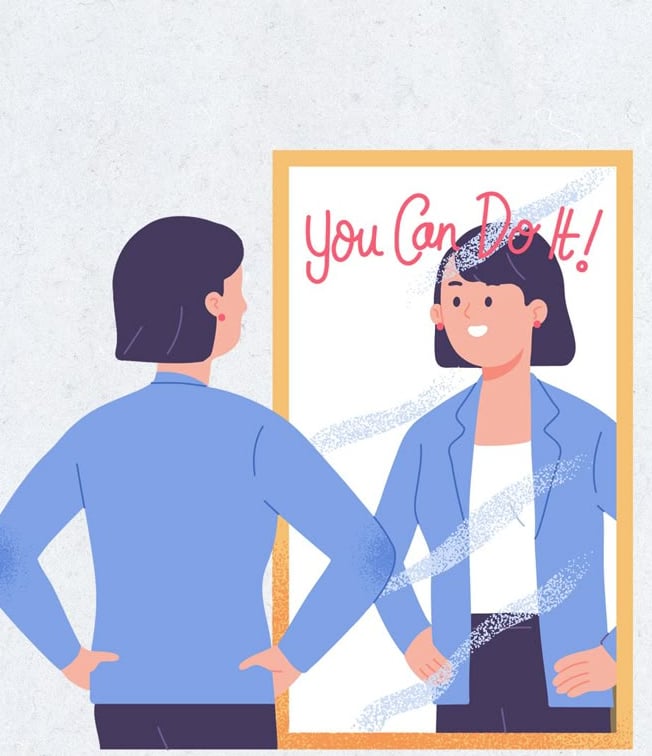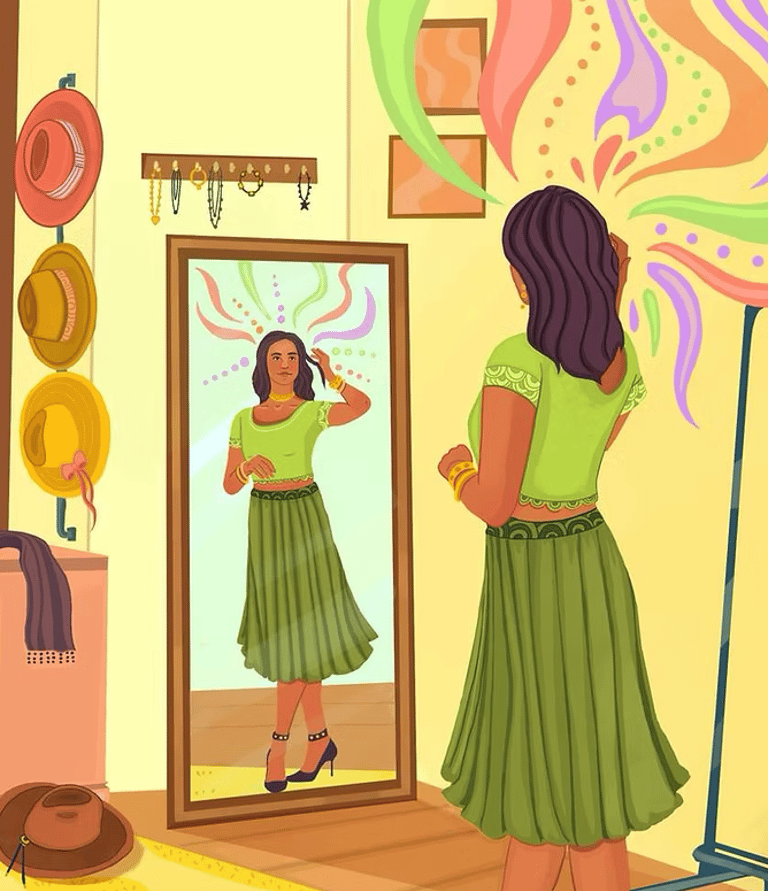Why Fashion?
Fashion is more than just a reflection of personal style—it has a profound impact on mood, confidence, and even cognitive performance. Research in psychology has shown that clothing choices influence behavior, self-perception, and mental health, making fashion a powerful tool for emotional and psychological well-being.
The concept of enclothed cognition, introduced in a study published in the Journal of Experimental Social Psychology, highlights how clothing affects thought processes and performance. For example, wearing professional attire has been linked to increased confidence and authority, while athletic wear can enhance motivation and productivity. The symbolic meaning of clothing, combined with the physical experience of wearing it, directly shapes how individuals feel and act.
Color psychology further reinforces fashion’s connection to mental health. A University of Hertfordshire study found that 62% of people select outfits specifically to boost their mood. Bright colors like yellow and red are associated with energy and optimism, while darker or muted tones often align with calmness or introspection. Comfortable, well-fitted clothing also plays a role in reducing stress and increasing self-esteem.
Fashion can also be a form of empowerment. Gender-affirming clothing, body-positive fashion, and culturally significant attire contribute to a sense of identity and belonging, which are critical for mental well-being. Studies suggest that when individuals dress in ways that align with their self-image, they experience increased self-confidence and reduced anxiety.
Moreover, for those struggling with mental health challenges, fashion can provide a sense of routine and stability. Establishing a daily habit of getting dressed, even on difficult days, can create a structured environment that fosters resilience and self-care. A 2021 study in the International Journal of Fashion Studies found that individuals who engaged in intentional dressing reported improved mental well-being and a greater sense of control.
Ultimately, fashion is not just about aesthetics—it is a psychological tool that shapes self-perception, emotional health, and overall well-being. By understanding the deep connection between clothing and mental health, individuals can harness the power of fashion to positively impact their daily lives.




